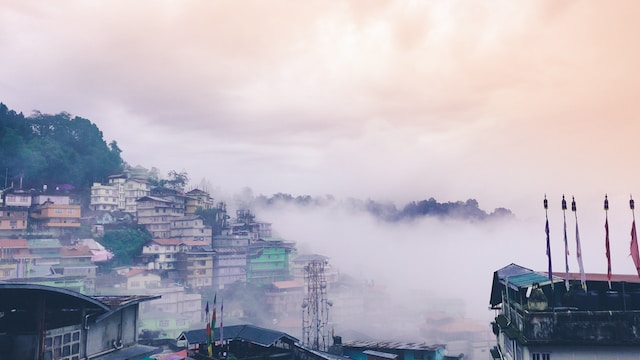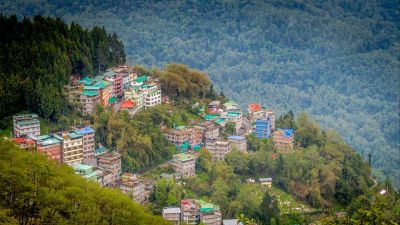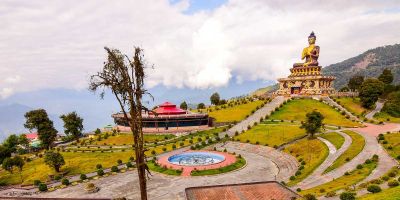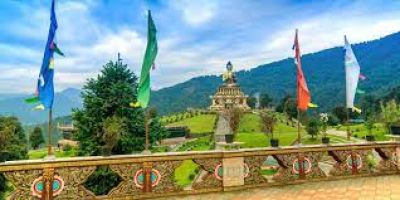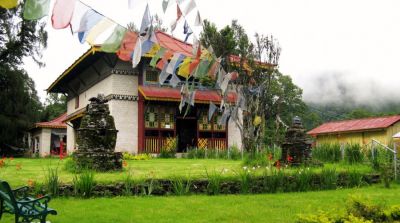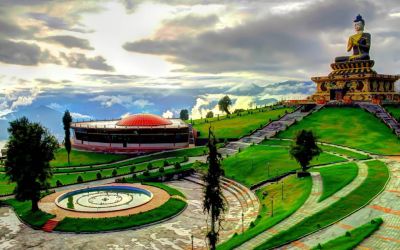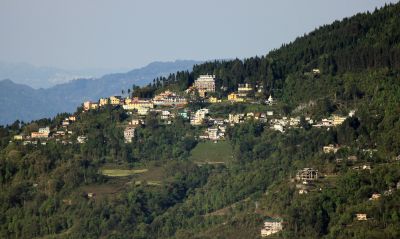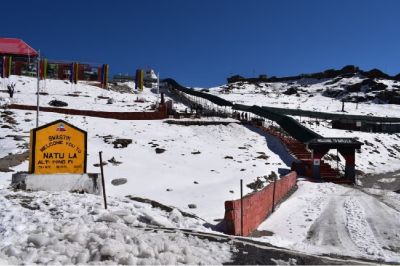Immersing in the Sounds of Sikkim: A Musical Experience
Immersing in the Sounds of Sikkim: A Musical Experience
Sikkim is not just known for its breathtaking landscapes and vibrant culture, but also for its rich musical heritage. The state is home to a diverse range of musical traditions that have been passed down through generations. From traditional folk music to modern fusion, Sikkim offers a unique musical experience that is sure to captivate your senses. In this blog post, we will take a closer look at the different musical forms in Sikkim and how you can immerse yourself in this enchanting world of sound.
Traditional Folk Music
Traditional folk music forms the heart and soul of Sikkimese culture. The folk songs of Sikkim are deeply rooted in the traditions and practices of the indigenous communities. These songs are often passed down orally from one generation to another and reflect the daily lives and experiences of the people. The melodies are soothing and harmonious, boasting of simple yet intricate rhythms.
One of the most popular forms of traditional folk music in Sikkim is the Tamang Selo. It is a lively dance song that is performed during festive occasions. The music is accompanied by traditional instruments like damphu (a hand drum), thum (a clarinet-like wind instrument), and chyangm (a stringed instrument).
The Lepcha community of Sikkim has its unique musical traditions as well. They are known for their melodious singing and the use of traditional musical instruments such as dongmuk (a long flute-like instrument), chyabrum (a bow instrument), and jhyamta (a cymbal).
Modern Fusion
With the influence of globalization, Sikkimese music has undergone a transformation in recent years. The younger generation of musicians has embraced modern musical styles and fused them with traditional elements to create a unique contemporary sound. This fusion music often combines Sikkimese folk instruments with Western instruments like guitars, keyboards, and drums.
Several talented musicians have emerged from Sikkim who are exploring new musical territories. Their songs are a perfect blend of traditional melodies and modern arrangements. These young artists are not only preserving their cultural heritage but also showcasing it to the world.
Music Festivals in Sikkim
If you want to experience the musical vibrancy of Sikkim, attending one of the music festivals is the best way to go about it. The state hosts various music festivals throughout the year that bring together renowned musicians from different genres.
One such festival is the Sikkim Red Panda Winter Music Festival, held annually in Gangtok. This festival showcases a wide range of musical performances, including traditional folk, fusion, rock, and jazz. It is a celebration of the musical diversity of the state and is a must-visit for any music lover.
Another popular music festival in Sikkim is the Tendong Lho Rumfaat, which takes place in Namchi. This festival highlights the traditional music and dance forms of the state, providing a platform for local artists to showcase their talent.
Music Workshops and Classes
If you are interested in learning about Sikkimese music and its traditional instruments, you can participate in workshops and classes offered by local musicians and cultural centers. These workshops provide a hands-on experience of playing traditional instruments and understanding the intricacies of the music.
Many cultural centers in Sikkim also conduct regular music classes for both children and adults. Whether you are a beginner or an experienced musician, these classes offer an opportunity to learn from traditional music masters and gain a deeper understanding of the music of Sikkim.
Conclusion
Immersing yourself in the sounds of Sikkim is a truly magical experience. The traditional folk music, the fusion of old and new, and the vibrant music festivals all contribute to the unique musical heritage of the state. So, next time you plan a visit to Sikkim, make sure to explore the world of Sikkimese music and let it transport you to a world of melody and rhythm.
If you have any more insights or experiences about Sikkimese music, feel free to share in the comments below. And don't forget to share this blog post with your fellow travelers who would love to immerse in the sounds of Sikkim!
Disclaimer : The information provided in this blog is for general informational purposes only. While we strive to keep the content accurate and updated, TravelSetu assumes no liability for errors or omissions. If you believe any part of this blog infringes your rights or causes concern, please notify us immediately at info[at]travelsetu[dot]com so that appropriate action can be taken.

